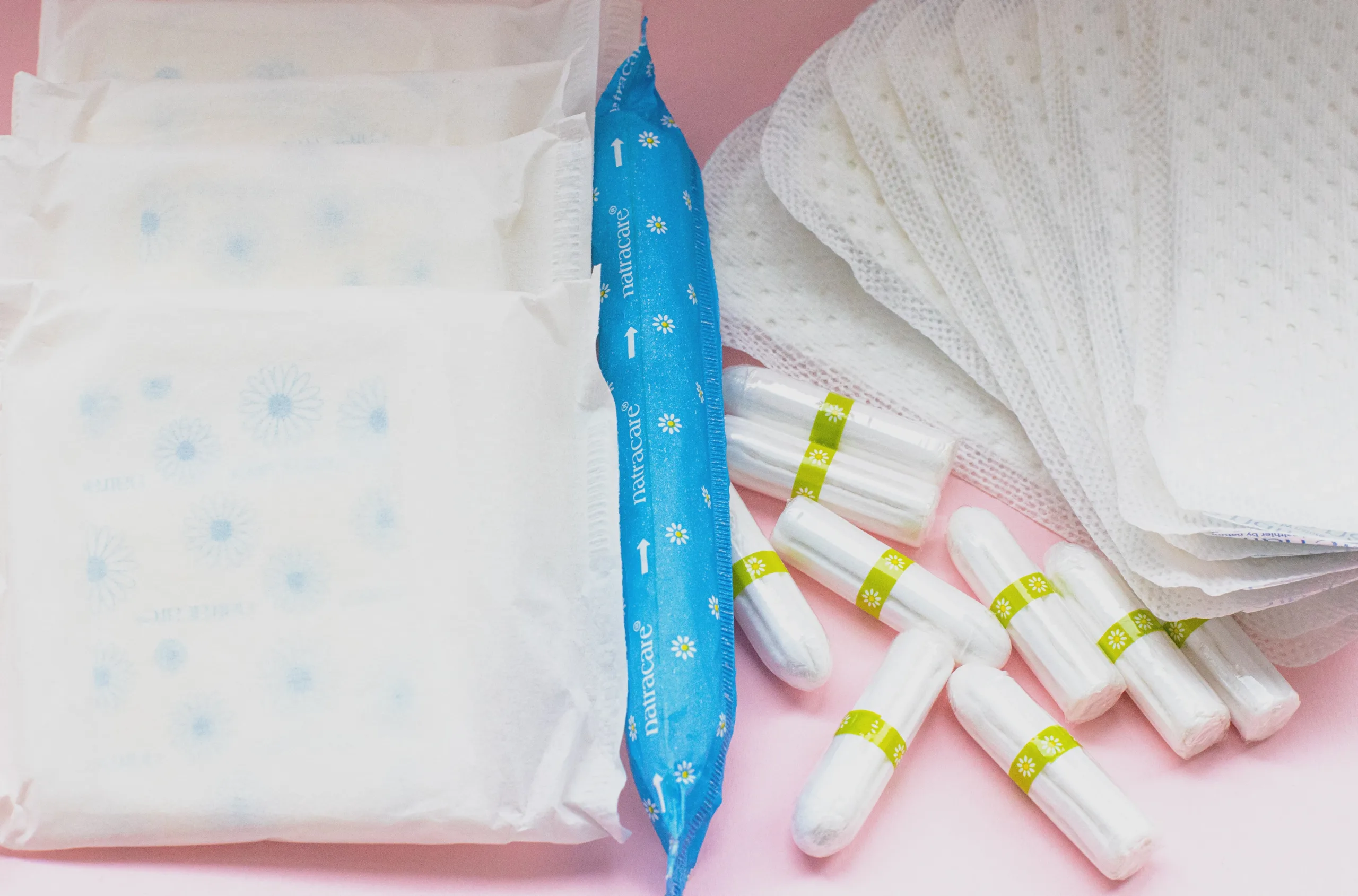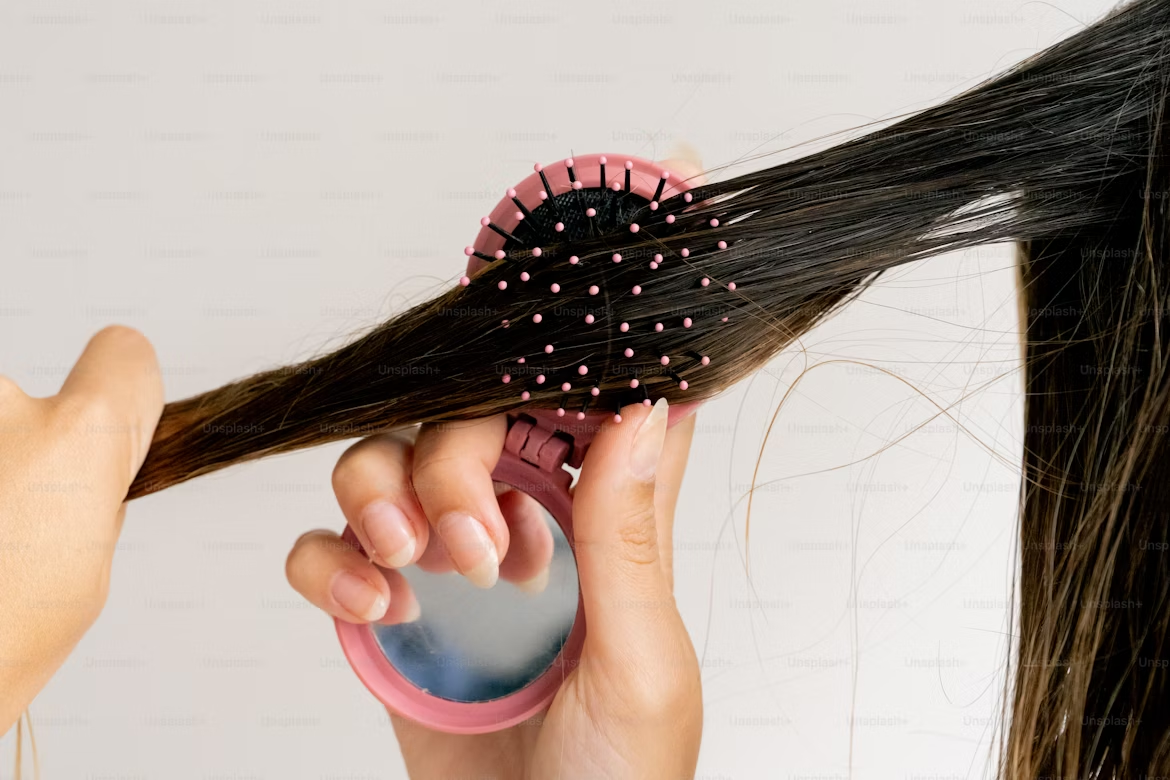What Are Irregular Periods?
The average menstrual cycle lasts for 28 days which means you will be getting your period after every 28 days. It’s not necessary to get periods exactly on the same date. Sometimes you may get it 3 to 7 days early or 3 to 5 days late. This is considered normal. Your menstrual cycle is considered irregular if you get periods twice a month or get periods after 2 to 3 months and this cycle keeps on changing every month. Your periods are considered regular if they come every 24 to 38 days. Your periods are considered irregular if you get your period before 21 days or after 40 days. Always note down the date of your menstrual cycle so that can keep track of your mensuration to know if your body and hormones are functioning healthily.
Periods in a girl usually start between the ages of 10 to 16. This is called puberty. And the periods stop when the women reach the age of 45 to 50. This is called menopause. Periods are caused when the unfertilized egg and the thick lining of the uterus which is useful in making an environment for the baby shed down from the vagina in the form of blood. To know more about the menstrual cycle please visit this page. https://www.supermomsclub.in/2021/06/the-first-menstruation.html
Causes of Irregular Periods:-
1. Puberty:- After puberty, your menstrual cycle might be irregular for the first few years. The hormones estrogen and progesterone take some time to reach their balance level due to some major changes in the body during puberty. This is completely normal and your menstrual cycle will become regular after one to two years.
2. Breastfeeding and miscarriage:- When you are breastfeeding your baby or had a miscarriage, you might get irregular periods sometimes. I got periods twice a month when I was breastfeeding my one-year-old baby. This is also considered normal due to the changes in hormone levels to make milk for the baby. But still, you have to keep track of your menstrual cycle. If you continue getting irregular periods every month then call your doctor. They will take your abdomen scan and figure out the cause of irregular periods and give medications accordingly.
3. Extreme weight loss:- Changes in your weight can affect your periods. Being underweight can cause irregular periods. It’s important to maintain a healthy weight for regular and painless periods. Eat some protein-rich foods like non-veg and dairy products to reach a healthy weight.
4. Weight Gain:- Women who are obese might get irregular periods with heavy bleeding and painful periods. This is due to the impact of fat cells on the hormones. Exercise regularly or practice yoga to shed weight. Excersicig regularly can cause decrease the abdominal pain that you get before and during periods. Some girls have an extra amount of hormone called androgen or the male hormone that can cause hair growth on the face, chin, chest, and abdomen. This hormone can also cause weight gain in women hence leading to irregular periods and other health problems.
5. Stress and anxiety:- Taking too much stress or getting anxious or depressed often can also have a great impact on your hormones which can cause irregular periods. Thatswhy you may have noticed you get periods either rarely or late or twice a month when you are taking stress with your work or preparing for exams or going through tough situations in relationships or family.
6. Excessive Exercises:- Although exercising regularly is a healthy way of treating irregular periods and menstrual cramps, excessive exercises like weight training, strength training, and other hardcore training can have a huge impact on your hormone levels. This doesn’t mean you can’t do excessive eexercise You can do it and your periods will become normal after a few months. So don’t worry when you get irregular periods during exercise or weight training. Talk to your gynecologist about it and listen to their advice.
7. PCOS (Polycystic ovary syndrome):- In this condition, your ovaries become enlarged and contain many fluid-filled sacs called follicles or cysts that surround the eggs present in the ovaries hence preventing the eggs to be released in the uterus for fertilization or mensuration. Hence women suffering from PCOS cannot ovulate every month and the symptoms include acne, no periods, irregular periods, obesity, over-bleeding, and excess hair growth. It’s a serious problem and should be treated at the right time. Medications are not the solution for this. Exercise, getting enough sleep, and eating healthy food can cure the problem.
8. Thyroid and uncontrolled diabetes:- Women with thyroid and diabetes problems also face irregular periods due to the change in hormones. If the thyroid hormone levels are too high or too low, it can have an impact on the menstrual cycle. Because the thyroid gland produces hormones that can affect the body’s natural metabolism.
9. IUS (Intrauterine system):- An IUS is a small T-shaped device that is inserted in the womb through the vagina to prevent pregnancy. It should be inserted by a doctor or a nurse. Its widely used by many women across the globe due to its 99 percent effectiveness and affordable price. It can last in the womb for up to 3 to 5 years after insertion. It releases a hormone called progesterone that prevents pregnancy. In some women, it can cause PCOS, irregular periods, mood swings, acne, breast tenderness, vaginal bleeding, and pain.
10. Contraception pills:- The everyday pills are very effective in preventing pregnancy. They release hormones estrogen and progesterone in the bloodstream preventing fertilization of the egg by the sperm. Sometimes they may also stop ovulation or cause irregular periods. Your periods will come back to normal after a few months or if they don’t get normal you have to change the pill by taking n advice from your gynecologist.
11. Medications:- Some medicines can also disturb your regular menstrual cycle. Like blood thinners, thyroid medicines, antidepressants, chemotherapy drugs, anti-epileptics, aspirin, ibuprofen, birth control pills, and hormone replacement therapy. So before taking any medicine make sure you read their side effects and ask your doctor about them.
12. Hormone imbalance:- Our body requires the correct balance of hormones to function properly. There can be a hormonal imbalance if there are too many or too few hormones in the body. Even a minor imbalance of the hormones can have significant effects on the body including irregular periods. There can be hormone imbalance during pregnancy, breastfeeding, puberty, menopause, and after delivery.
13. Low-calorie diet:- Your body needs the right amount of carbs, proteins, nutrients, minerals, and vitamins to function correctly. If you start having less food or a less-carb diet then there you may experience irregular periods. It can also impact your other body parts and weaken your immune system.
14. Menopause:- This is a natural process. It happens at the age of 45 to 52. This is the time when your periods stop forever and your ovaries will no longer be able to make eggs or nourish a fetus. You will no longer be pregnant again. Since this is a major change in the body, there will be a hormonal imbalance you may face symptoms like heavy bleeding, irregular periods before the start of menopause, mood swings, anxiety, vaginal dryness, and discomfort.
Symptoms of Irregular Periods:-
- Heavy bleeding during periods.
- Bleeding or spotting between periods.
- Bleeding after menopause.
- Bleeding after having sex.
- Very heavy bleeding during menstruation.
- No periods for more than 2 to 3 months.
- Having periods twice or thrice every month.
- Bleeding that lasts more than 7 days during menses.
When to see the Doctor:-
- Bleeding between periods.
- Severe cramping and abdominal pain.
- Periods that last more than 7 days.
- Very heavy bleeding during periods.
- Hair growth on the face, chin, abdomen, and chest.
- Periods stop suddenly.
- No periods for more than 2 to 3 months.
- Having periods twice or thrice every month.
Treatment and Home remedies:-
- Practice Yoga.
- Exercise regularly.
- Have a healthy diet.
- Maintain a healthy weight.
- Take cinnamon, pineapple, apple cider vinegar, and ginger along with your food.
- Your doctor will give you some doses of vitamins and other medicines to stop irregular periods.
- Avoid stress and be happy always.
Discover more from supermomsclub
Subscribe to get the latest posts sent to your email.





